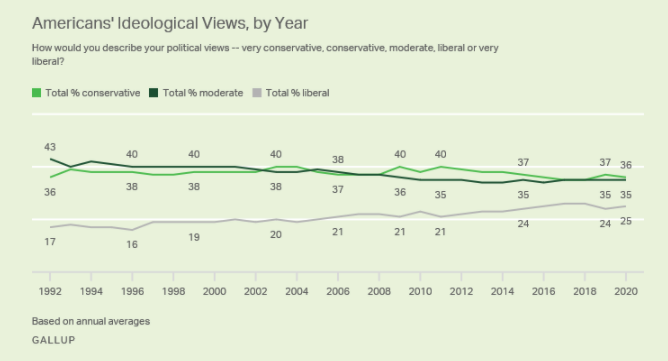
At the turn of the year, most commentators expected the current wave of the coronavirus to keep growing. Instead new cases have plummeted over the past six weeks.
Why? No one really knows.
A year into this, we remain strikingly bad at forecasting the trajectory of the pandemic.
Why? No one really knows.
A year into this, we remain strikingly bad at forecasting the trajectory of the pandemic.

There are lots of other puzzles around the world:
Why is India doing so much better than Europe or the United States?
Why are cases in Europe not falling nearly as quickly as in America?
Why did Manaus in Brazil do extremely well for a while and is now doing extremely badly?
Why is India doing so much better than Europe or the United States?
Why are cases in Europe not falling nearly as quickly as in America?
Why did Manaus in Brazil do extremely well for a while and is now doing extremely badly?
After the fact, we can come up with all kinds of retrospective explanations for these events. I have potential explanations for all of them in my mind.
But the vexing fact remains that most did not think of those explanations beforehand. So we keep being incapable of prediction.
But the vexing fact remains that most did not think of those explanations beforehand. So we keep being incapable of prediction.
This does not mean that the measures we take are ineffective.
There are a lot of solid reasons to think that wearing masks, avoiding mass gatherings, and so on makes a real difference.
But we should own how bad we are at this. I would not want to predict what happens next...
There are a lot of solid reasons to think that wearing masks, avoiding mass gatherings, and so on makes a real difference.
But we should own how bad we are at this. I would not want to predict what happens next...
Some folks here rewriting history on the fly.
As recently as January 6th, the CDC's average forecast of nationwide cases was that they would remain roughly steady for the coming weeks.
The idea that people knew cases would rapidly decline after the holiday spike is just wrong.
As recently as January 6th, the CDC's average forecast of nationwide cases was that they would remain roughly steady for the coming weeks.
The idea that people knew cases would rapidly decline after the holiday spike is just wrong.

My point isn't to play gotcha with journalists or scientists.
Predicting an epidemic is incredibly hard! I certainly didn't see the decline coming.
But it's important to have an accurate sense of the state of our knowledge. And the sad truth is: we still suck at prediction.
Predicting an epidemic is incredibly hard! I certainly didn't see the decline coming.
But it's important to have an accurate sense of the state of our knowledge. And the sad truth is: we still suck at prediction.
• • •
Missing some Tweet in this thread? You can try to
force a refresh







